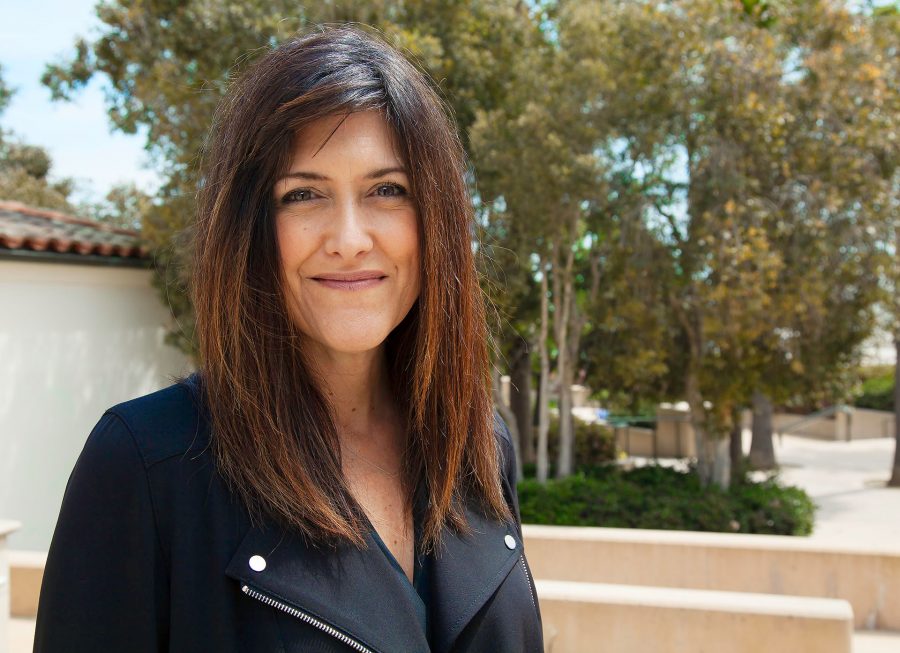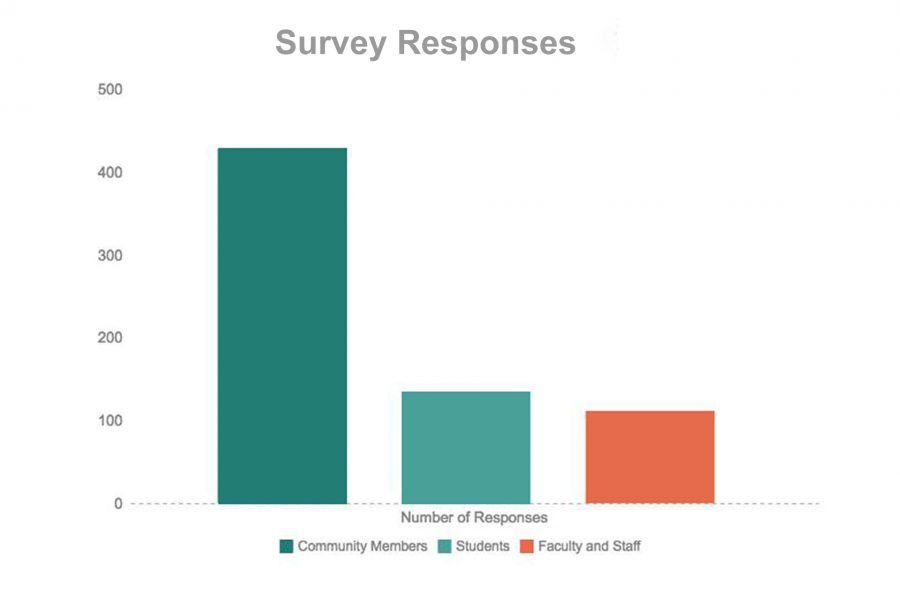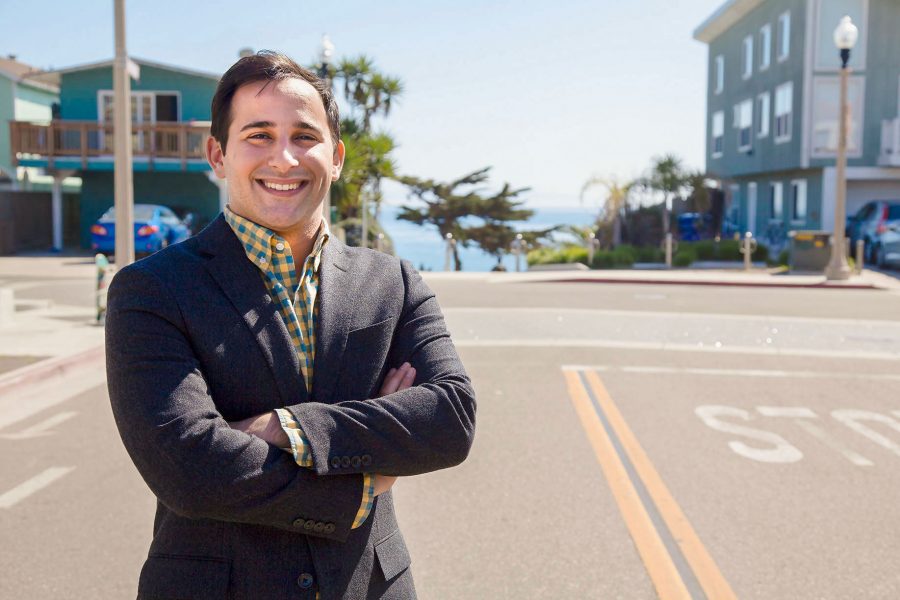City College students may have the chance to take two summer sessions, which could help knock a semester off of their expected graduation date.
Jack Friedlander, executive vice president of academic affairs, proposed the idea to have two summer sessions. Each session would be six weeks long and students would have the option of taking one or both.
“It’s a great deal for students,” said Friedlander. “By offering a second summer session, it allows students to complete courses they need and to complete their educational goals in a more timely manner.”
Friedlander wanted to see if students would be interested in the change, so a survey was randomly distributed to roughly 2,800 anonymous City College students.
Friedlander presented the survey’s results at the Academic Senate meeting on Oct. 16.
“The results were overwhelmingly positive,” Friedlander said. “They were higher than I thought.”
29% of students, who live in or around Santa Barbara, said they preferred one session, while 71% of them preferred two, six-week sessions.
At the bottom of the survey, the students were given a space to provide feedback and additional comments. Their remarks about the two summer sessions were complimentary and overall positive.
One anonymous student wrote, “Two, six-week summer sessions are perfect! I can have more choices and transfer to a University earlier.”
Another student said they are in favor of the idea because it allows them to choose which session works best for them, while still being able to have summer plans.
Elie Katzenson, associated student senate president, found herself favoring the idea just as the anonymous students did.
“As students increasingly find themselves at community colleges for three and four years instead of two years, an additional summer session will accommodate varying schedules and allow for students to get further academically much more quickly,” said Katzenson.
If passed by the Academic Senate, students will have the option of taking the first session, which would be May 18 through June 27. The second session would begin on June 29 and end on Aug. 8.
Students also have the option of taking both summer sessions. Friedlander suggested this would be a smart academic choice.
He said, hypothetically speaking, a student could take six to nine units each session, which adds up to a semesters worth of credits.
“I can’t think of one reason why not to do it,” Friedlander said.
The survey also asked students what courses they would be take if they enrolled in either session, which ultimately told Friedlander which teachers would need to be available.
If some professors cannot teach in one summer session, he was confident that he would find a solution to the potential gap.
“With a year and a half notice, I think we can find qualified teachers,” Friedlander said.
If the two summer sessions were to be implemented, it would not be until the summer of 2015.
Friedlander added that the two sessions may be more work for teachers but the bottom line is that it’s what students want.
“It’s more work, but that’s what we are here for,” Friedlander said. “It’s the right thing to do.”
The Academic Senate will vote on whether or not to support the two summer sessions on Nov. 13.











